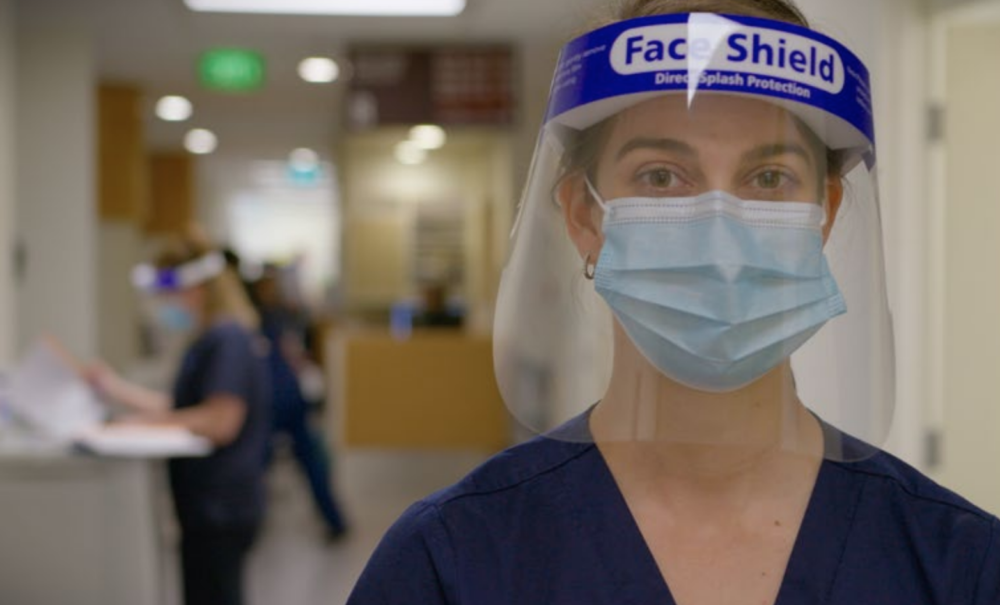
It might be time to scrutinise a report by a large non-government provider of health services in Australia – now that the second wave of Covid-19 threatens, this time in NSW.
Back in April the Lessons Learnt from Covid19 report was released by Catholic Health Australia, the largest non-government provider of health, community and aged care services in Australia.
The report called on government to create clear lines of communication to avoid the confusion that hit “at the height of the COVID pandemic” – which we’ll now say was the height of our first episode, since NSW stands at the brink of a new and possibly bigger one.
The report listed the following problems:
- Lack of senior expertise in public health units;
- Absence of a pandemic plan;
- Requests for data from multiple government agencies every day;
- The ability to absorb multiple daily announcements by both the State and Federal Governments;
- Poor training of the surge workforce, and their accommodation at large distances from their allocated temporary workplace.
“Our members are willing and able to work with government on how we can be COVID-prepared for the inevitable third or fourth wave that will hit these shores. We want to share these lessons with government to ensure that next time we are on the right footing,” Catholic Health Australia CEO Pat Garcia said when the report was published back in April.
It lists a number of recommendations for operators at an organisational level – but also five for government.
These are:
1. Allocate one line of communication to prevent confusion of messages from multiple departments.
2. Federal and State/Territory Governments must develop a single voice for communication with health services.
3. Federal and State/Territory Governments must maintain public health capacity and expertise to take a lead in providing best practice and standard protocols for pandemic management.
4. Additional resources need to be made available to health services to manage the increased need for furloughing of staff, infection control procedures, upskilling of staff and contact tracing.
5. The different needs of health services need to be individually negotiated regarding issues such as staff furlough and the surge workforce.
Back in April, when the report was prepared, tensions were brewing over lack of vaccination – supply, uptake and strategy. These have worsened, as our nation’s early hubris over its early successes in controlling the pandemic starts to look like naivety.
Adjunct Professor Stephen Cornelissen, the chief executive of one of the survey participants, Mercy Health Group, said: “One thing that we have learnt from the first stages of the pandemic is that the best approaches to manage the effects of the pandemic involved collaboration between providers, residents, families and the Government. This ensured we used all the various experiences and knowledge to develop effective responses.”
It sounds a bit like a motherhood statement – after all, isn’t it obvious? But sometimes we need to be reminded of the obvious.
And then there is the prescient discussion about vaccines.
“The reported issues with the current vaccination program may indicate that more of this type of collaboration is required, especially if we can draw on the clinical expertise and knowhow of front line providers.
“By way of example, Mercy Health could administer vaccines to residents and staff in our aged care homes. Like many providers, we provide annual vaccinations to staff and residents as part of our flu vaccination program so the clinical skill and safety are readily available.”
We know that on Sunday, there were still group homes in Sydney housing disabled adults where no vaccinations had occurred.
In Sydney today, there are still teaching hospital and nursing home staff who are not vaccinated.
Lessons Learnt from COVID-19 is the report.
To read more about a report probing nursing home deaths from Covid-19 in 2020, go to:
And a reminder, just because you’re old, doesn’t mean you’ll die of Covid-19.
